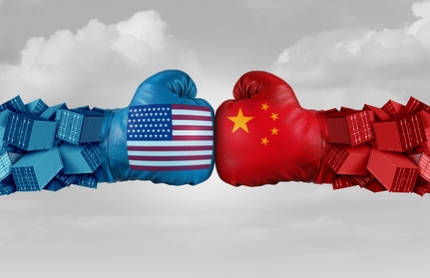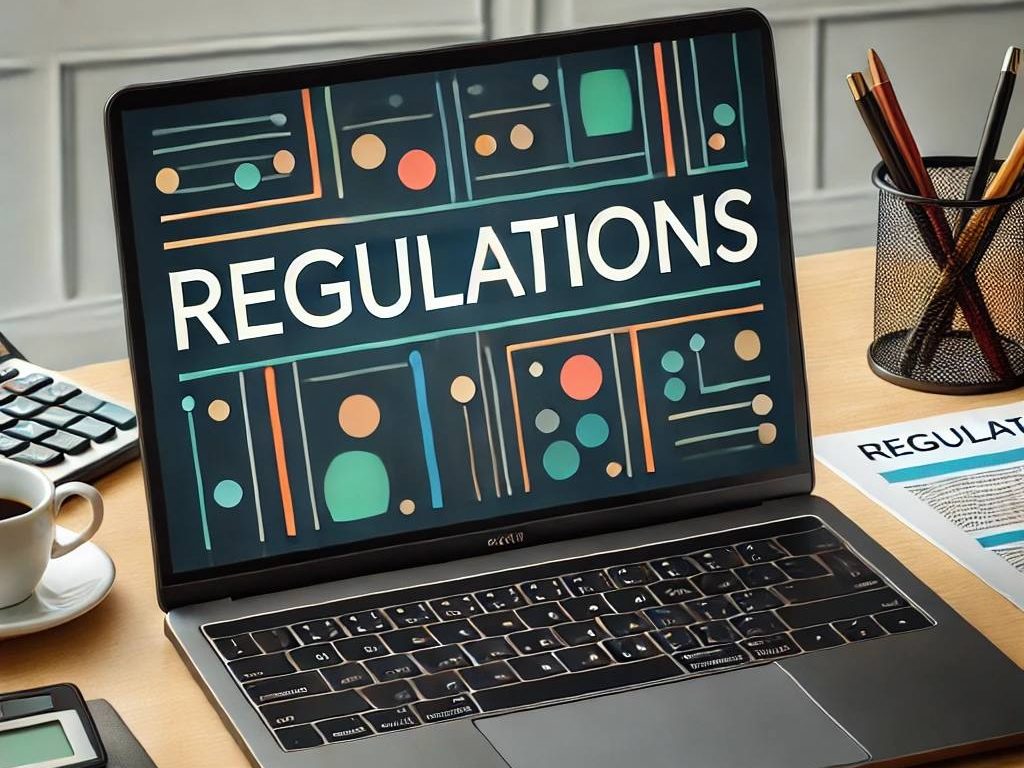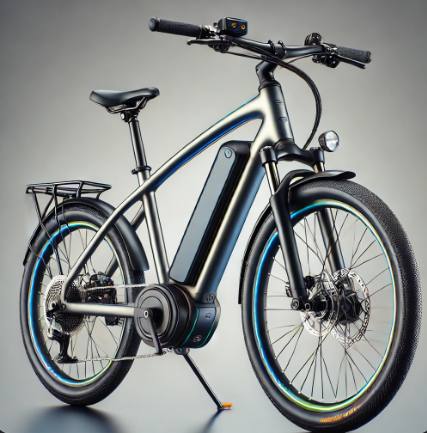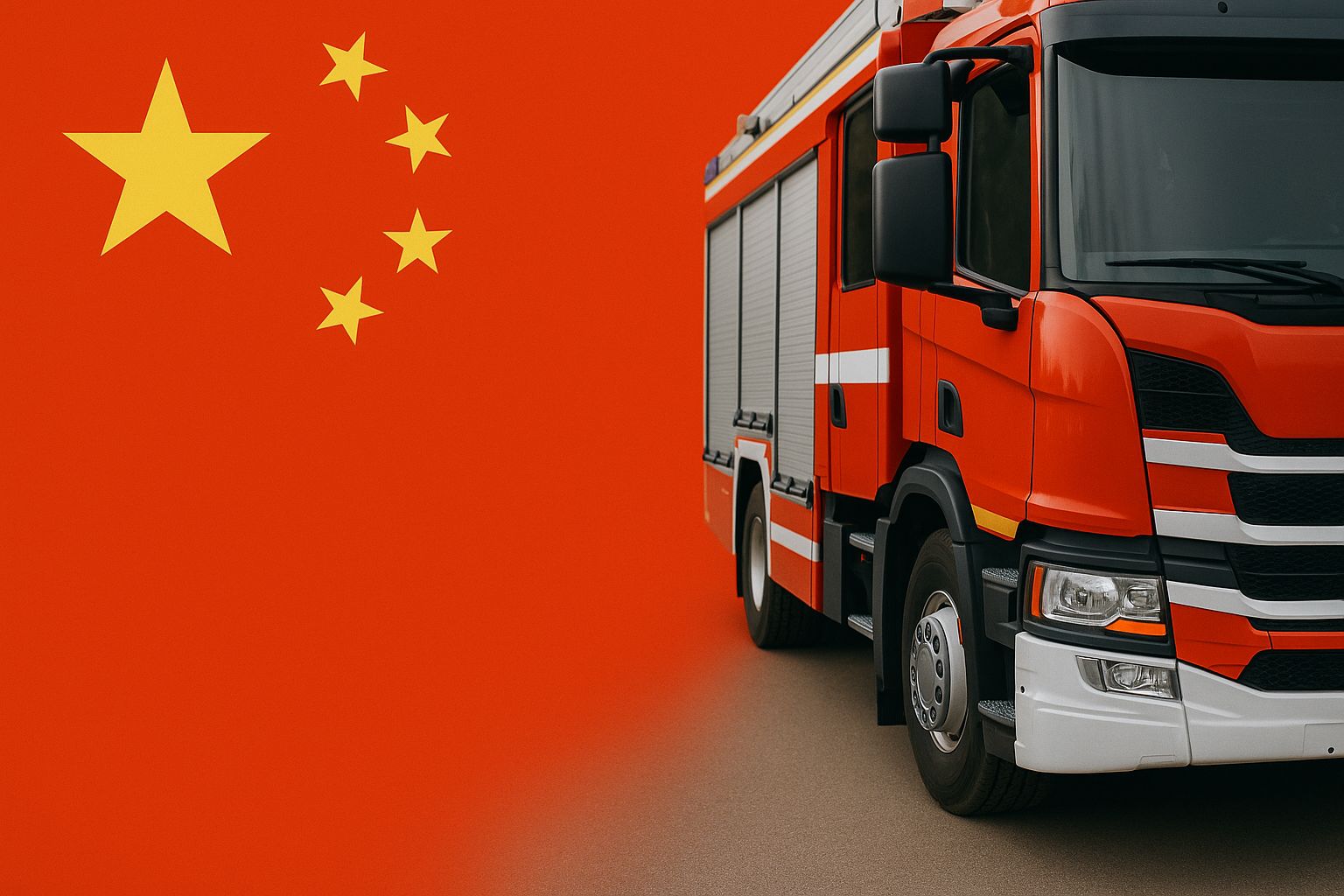German automakers could suffer from the trade dispute between China and the United States
3. May 2018The simmering dispute between the two nations over trade policy and import tariffs is slowly evolving into a full-blown trade war. China’s response to US foreign trade policy and the announcement that it will impose a punitive tariff of 25% on American auto imports could severely affect some German automakers. In particular, Daimler and BMW, which produce SUVs in the US and export to China, would be more affected than US brands. Tesla will also have to accept losses and could sell less electric cars in what is now the largest market, while other American automakers have already partially relocated their production to China and thus get away with a slap on the wrist. Volkswagen also produces a large share of its vehicles through three local joint ventures. The South German automakers BMW and Daimler are exporting around 100,000 vehicles to China from the US each year, which is worth almost US $ 7 billion.
“The consequences for the German companies are an example of the unpredictable effects of a trade war,” said an analyst in New York. Global trade, especially in the automotive industry, has grown over the last decades and sudden disruptions can have significant negative consequences. The US has announced a 60-day reflection period for the plans. China is still waiting for this decision before taking action. Another loser could be the workers in the American auto plants. Declining exports will also mean fewer vehicles and layoffs. A tricky situation that US President Trump desperately wants to avoid. He has always emphasized in the past with his “America First” policy to maintain jobs in the country and to create new ones. Another influence on the situation could be the possible US exit from the North American Free Trade Agreement. This allows duty-free imports of new vehicles from Mexico and Canada. German manufacturers operate production sites there as well.

So it will be interesting to see to what extent the current and upcoming situation will affect the car market in China and the sales figures of German automakers.
All vehicles produced in the US, which are exported to China, have a so-called China CCC certification, which is necessary for the vehicles to be distributed legally in China.
For more information on how CCC certification may affect your company, or for more information about CCC certification in general, the process, and the associated costs, please visit our website and our News Section where you will find current updates twice a week.
Please do not hesitate to contact us for further details and consultation. You can contact us via e-mail, or call us (UK: +44 2071931135, Rest of Europe: +49 69 2713769150, US: +1 773 654-2673).
You can also check out our free CCC-Brochure, which can be downloaded right here as a PDF file or you consult our book (in English) “A Brief Guide to CCC: China Compulsory Certification”, which can be found directly here on Amazon.











